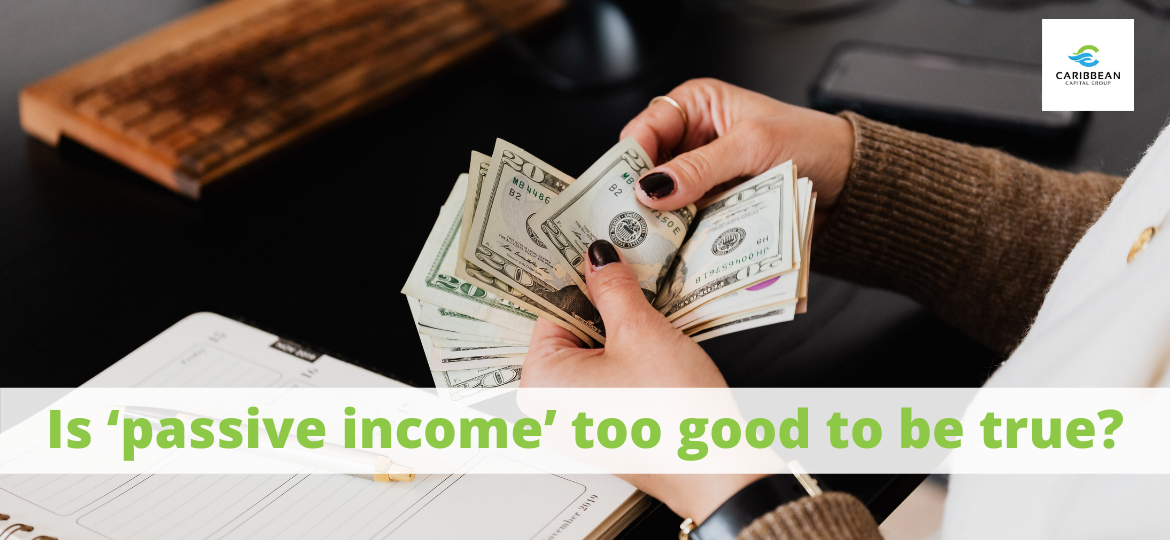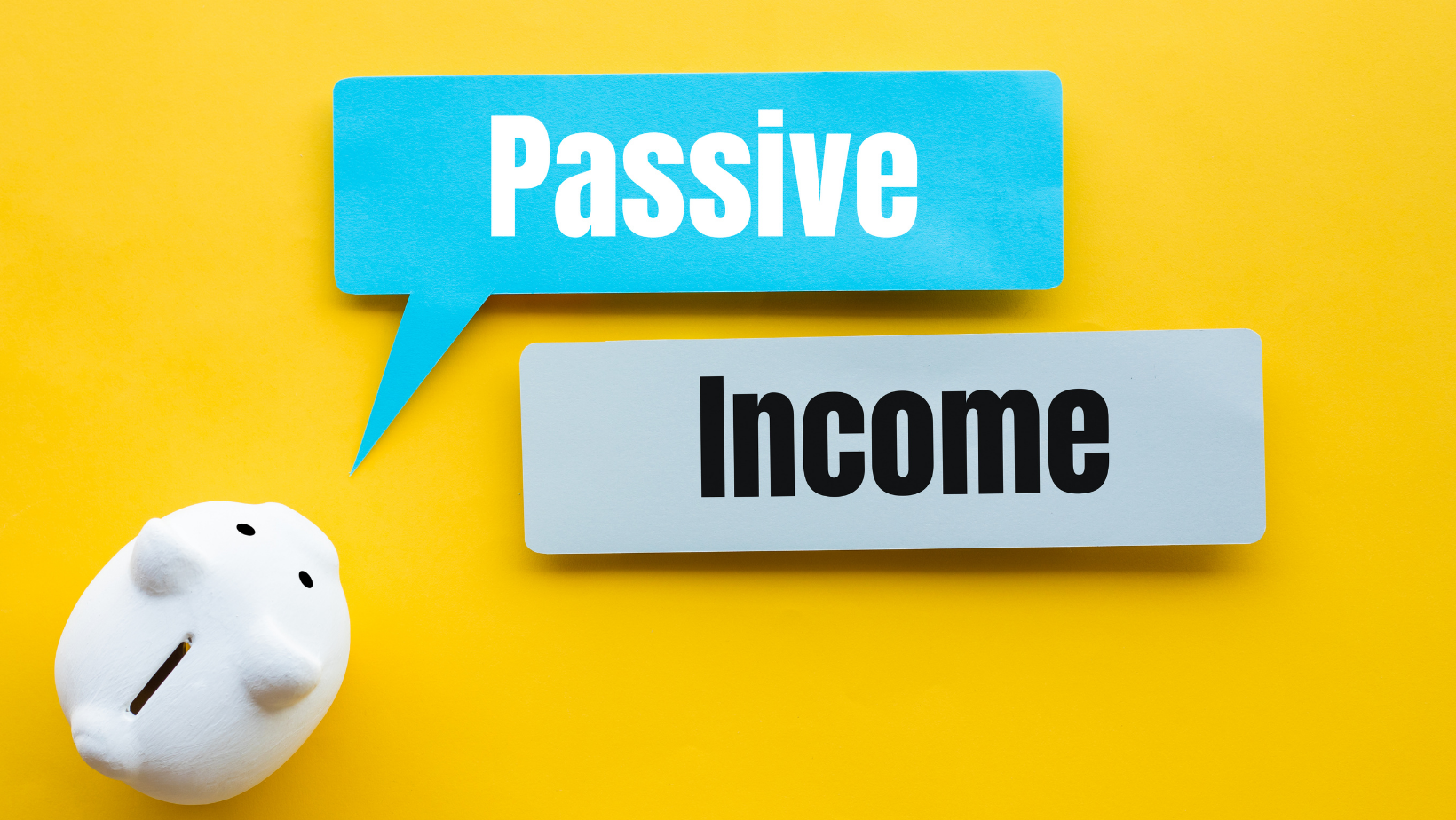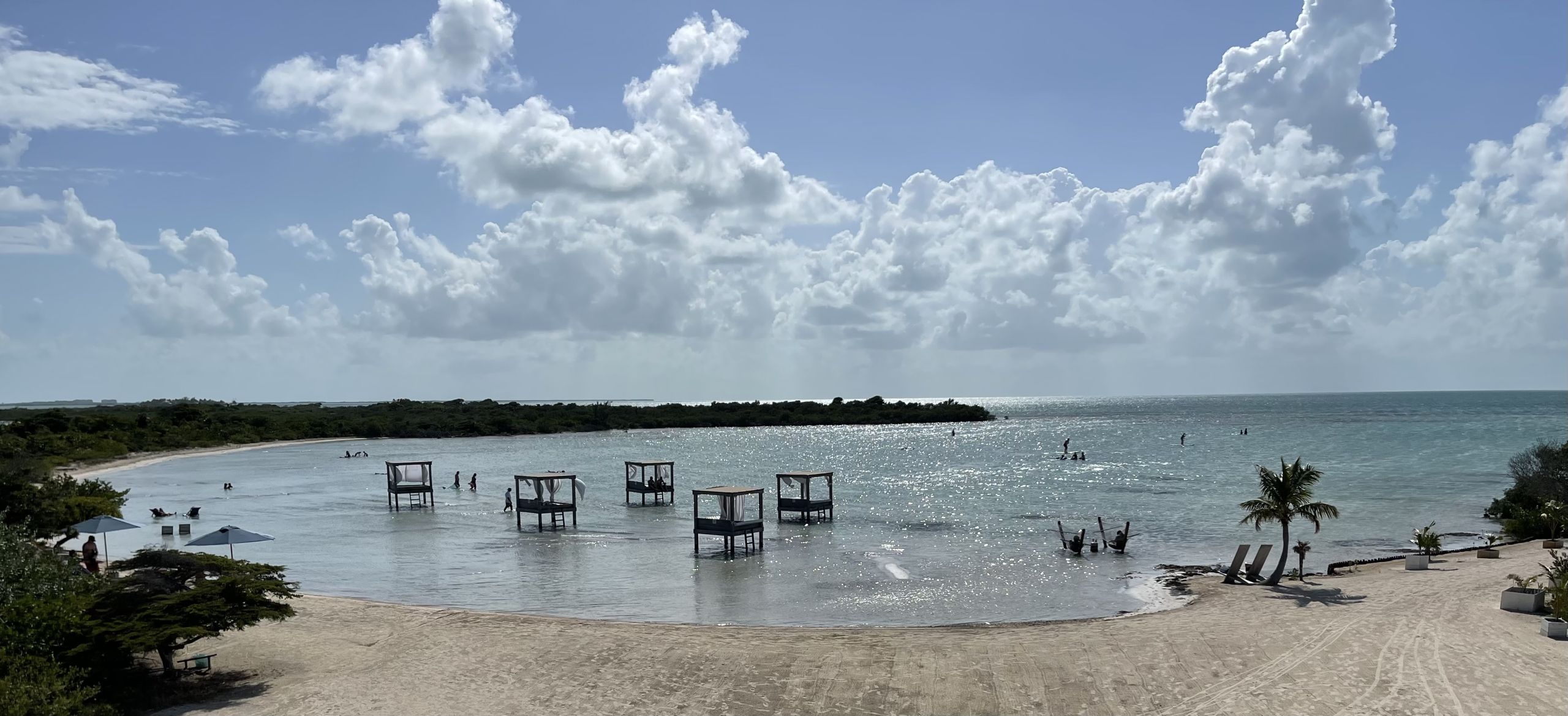
At Caribbean Capital Group, we love to share information on Belize and why you should invest in the fastest-growing destination in the Caribbean.
To make money as you sleep — isn’t that what everyone wishes for? But is ‘passive income’ just a scam? A pipe dream? A reality reserved
“Passive income is real and accessible to anyone…”, is my short answer, “… but not all opportunities are made equal.” That’s the catch.
Not all investments that promise passive income are legitimate. Like in all businesses, beware of the ‘get rich quick’ schemes. So how do we determine if an opportunity is real?
First, let’s define this insanely-popular buzzword and talk about what passive income is.
Defining Passive vs. Active Income
“So I can make money without doing anything?” No, that’s a common misconception about passive income. These businesses still need resources like capital, manpower, and property to get going. What defines income as either active or passive is based on how much time and effort you put in as an individual.

-
-
- Passive income is defined as money generated from investments, properties, or side hustles.
- Active income is simply, the number of hours you work = the amount of money you earn.
-
What Makes Your Income Passive or Active?
It all boils down to the amount of time and effort spent. Which is why, depending on their participation, the same business could produce active income for an individual and passive income for another. The IRS describes this as one’s material participation.
Let’s look at this example:
John and Amy, who are not married to each other, work together for an online business. John does the majority of the day-to-day work in the business so his earnings are considered as active income. Amy, meanwhile, has invested in the business’ working capital, sometimes helps with marketing activities, and works fewer than 100 hours a year in the business. Therefore, the IRS considers her income from the business to be passive.

Time. Effort. Material Participation. Now that you understand what true passive income is, we can discuss the factors that must be considered to qualify a good, passive income business opportunity. Start with these questions:
- Do you understand the plan?
You should understand how the business will make money (without your active participation), what the driving strategy is, and when you can expect to start earning. Even the most innovative, complex businesses are S.M.A.R.T.— Specific, Measurable, Attainable, Relevant, and Time-based.
Don’t ride on the investment trends that you don’t fully understand. Should you need guidance, that’s where trusted experts, like myself, are able to help best. |
2. Can you afford the investment?
You will need excess dollars from your active income or savings to create the foundation for investing. A good, sustainable investment should not drain your life savings or make you live uncomfortably in order to continue with the business.
Again, not all investments are made equal and for everyone. If you’d like to find an investment that fits your lifestyle, you can register for investment opportunities here.
3. Does it support your life goals?
Where do you want to be 10 to 20 years from now? How do you want to spend your retirement? How could this passive income support that lifestyle? These are questions to ask yourself before committing to an investment.
Passive income is an excellent way to add to your retirement fund or even continue earning well into your latter years. I talk more about retirement in this article.
If you’d like to learn more about investment opportunities in Belize, feel free to reach out or schedule a call.


